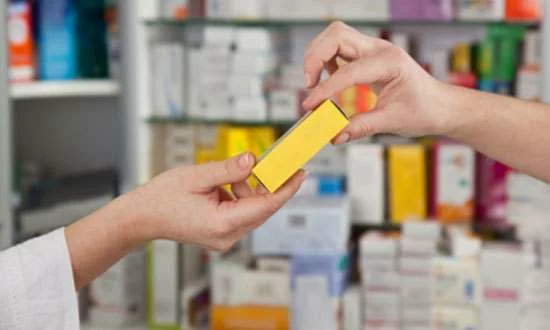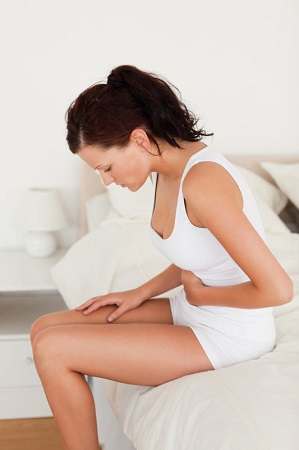Where to Find the Best Hemorrhoid Cures
It’s possible to identify the most effective hemorrhoid cure, but the results vary depending on your health, age, and willingness to try various remedies when finding the solution that is best for you. Hemorrhoids can be very troublesome to treat but with a little research, you will find the cure that works for you.
 Typically, hemorrhoid sufferers find great relief in topical medications found over-the-counter at pharmacies. For others, surgery is the best option for a cure, especially if the hemorrhoid case in question is considered severe. No matter how severe the case of hemorrhoids is, surgery is always risky.
Typically, hemorrhoid sufferers find great relief in topical medications found over-the-counter at pharmacies. For others, surgery is the best option for a cure, especially if the hemorrhoid case in question is considered severe. No matter how severe the case of hemorrhoids is, surgery is always risky.
Another option is to rely on alternative hemorrhoid-cure methods. These treatments use herbs as a way to heal hemorrhoids, which is less risky than surgery and over-the-counter treatments and does not cause as many adverse side effects. If you plan to use alternative treatment options, note that using herbal or all-natural ingredients is more of an ongoing strategy than a one week cure-all. Even though it may take a little longer to solve the problem, herbal remedies can provide permanent hemorrhoid cures.
At-Home Remedies
Overall, many home remedies can provide a permanent cure for hemorrhoids. Some hemorrhoid remedies include the use of hydroxyethylrutosides, horse chestnut, hyssops, flavonoids and rutin. These herbs can be found at most health stores and online. They are effective in combating both internal and external hemorrhoids. Another effective at-home treatment are essential oils. The more popular varieties are cypress oil, pelargonium, Italian cypress, and niaouli. A new essential oil that is gaining popularity is Japanese pagoda extract, a recognized cure for hemorrhoids.
Fruits
Fruits are one of the best cures for hemorrhoids available. Most fruits are high in fiber and help balance a healthy, nutritious diet. This can be very beneficial to those who suffer from hemorrhoids. By combining the addition or increase in fruit to your diet with other hemorrhoid treatment methods, you can greatly relieve symptoms.
Fruits aid in the digestive process and prevent constipation. They allow for softer bowel movements, thus preventing pressure on the anal veins when eliminating. Since the main reason for hemorrhoids is added pressure from straining, ingesting fruit on a regular basis can be a great assistant when looking for a hemorrhoid cure.
The antioxidants in fruits increase the strength of your veins and allow them to become more resistant to swelling. Almost all fruits are great for health, but hemorrhoid sufferers should concentrate on raisins, blackberries, red grapes, plums, cherries, and prunes. Darker colored fruits are better to treat hemorrhoids and provide a better cure.
Vitamins
Vitamins offer antioxidant properties and, when combined with other remedies, can cure hemorrhoids. Antioxidants are great for the body because they strengthen body tissues and increase the resistance of blood vessels. Vitamins potent and effective in the treatment and prevention of hemorrhoids include vitamins A, B, and C.
Recommended dosages include two to three intakes per day. Always talk to your doctor before you begin taking a vitamin supplement. Another option is to eat more foods that contain these vitamins. Eating vegetables and fruits like carrots, spinach, oranges, kiwis, strawberries, and kale can be very effective.
If you choose to take a vitamin supplement, consult your doctor before you start to ensure that it will not negatively interact with any current medication you take.

 Subscribe Now
Subscribe Now

 Many people are surprised to learn that simple water can soothe many of the discomforts of hemorrhoids. Soak the rectum for 10 minutes every day. After soaking, use cold compresses on the area to reduce swelling. To properly soak the area, you may need to invest in a sitz bath basin.
Many people are surprised to learn that simple water can soothe many of the discomforts of hemorrhoids. Soak the rectum for 10 minutes every day. After soaking, use cold compresses on the area to reduce swelling. To properly soak the area, you may need to invest in a sitz bath basin.



 Beyond the weight of the baby, other factors can cause the development of hemorrhoids during pregnancy. The pregnancy hormone, progesterone, can soften the walls of the rectum, making it easier for hemorrhoids to develop. It is also common for pregnant women to develop constipation. This results in straining while eliminating waste during bowel movements, which also can lead to hemorrhoids.
Beyond the weight of the baby, other factors can cause the development of hemorrhoids during pregnancy. The pregnancy hormone, progesterone, can soften the walls of the rectum, making it easier for hemorrhoids to develop. It is also common for pregnant women to develop constipation. This results in straining while eliminating waste during bowel movements, which also can lead to hemorrhoids.